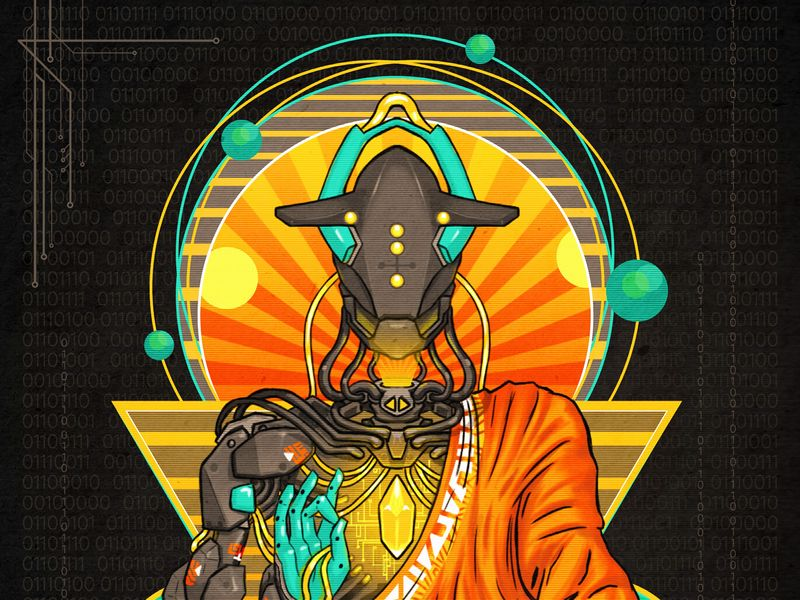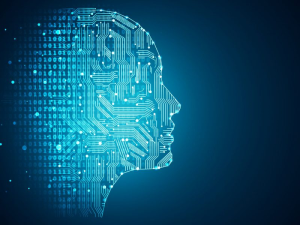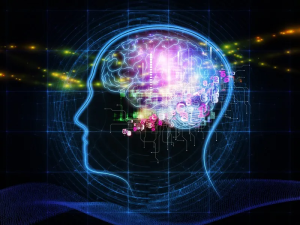
Artificial Intelligence (AI) has emerged as one of the most transformative and dynamic technologies of our time. With its unprecedented capabilities to mimic human intelligence and learning, AI has revolutionized numerous industries, shaping the way we live, work, and interact. This article delves into the diverse facets of AI, its potential impact on society, and the imperative need for responsible AI development.
- The Genesis of Artificial Intelligence:
The roots of AI can be traced back to the mid-20th century when computer scientists and visionaries began exploring the idea of creating machines capable of autonomous thought. The initial stages saw the development of rule-based systems, but it wasn’t until the advent of neural networks and deep learning that AI made significant strides. Today, AI encompasses machine learning, natural language processing, robotics, and more, redefining the boundaries of innovation.
- AI in Everyday Life:
AI has seamlessly integrated into our daily routines, enhancing convenience and efficiency. From virtual assistants on smartphones to personalized content recommendations on streaming platforms, AI algorithms work tirelessly in the background, making our lives easier. Moreover, AI has found applications in healthcare, assisting in diagnosis and treatment decisions, and in transportation, optimizing traffic flow and ensuring safer driving experiences.
- Transforming Industries:
The transformative power of AI spans across industries. In manufacturing, AI-driven automation has increased productivity, while predictive maintenance has minimized downtime. The financial sector has embraced AI-powered fraud detection and personalized investment advice, empowering consumers and bolstering security. AI has also redefined marketing, enabling businesses to target specific audiences and optimize ad campaigns with precision.
- Ethical Considerations:
As AI gains prominence, ethical concerns arise. Ensuring the responsible development and deployment of AI is paramount to prevent potential biases, privacy breaches, and societal disruptions. Transparency, accountability, and fairness are essential in building trustworthy AI systems. Policymakers, tech companies, and researchers must collaborate to establish comprehensive frameworks that prioritize ethical guidelines.
- The AI Job Landscape:
The widespread adoption of AI has led to concerns about job displacement. While AI will inevitably reshape the job market, it also creates opportunities for new roles and skill sets. Instead of focusing on job replacement, we must concentrate on upskilling the workforce to adapt to the evolving job landscape. Encouraging lifelong learning and investing in education will ensure individuals are prepared for the AI-driven future.
- AI in Research and Science:
AI is revolutionizing the field of scientific research by accelerating data analysis, automating repetitive tasks, and enabling simulations that were previously impractical. In fields like genomics, drug discovery, and climate modeling, AI is facilitating groundbreaking discoveries and innovations. The synergy between human expertise and AI capabilities promises unprecedented advancements in scientific understanding.
- AI and Global Challenges:
AI’s potential to address global challenges cannot be overstated. It plays a pivotal role in climate change mitigation, optimizing energy consumption, and managing scarce resources. Additionally, AI-powered disaster prediction and response systems can save lives and reduce the impact of natural calamities. By leveraging AI responsibly, we can harness its potential to build a sustainable and resilient future.
Conclusion:
Artificial Intelligence is undoubtedly a game-changer, reshaping society and revolutionizing industries. As we navigate this technological frontier, it is crucial to remain vigilant about potential challenges and ethical implications. The responsible development, deployment, and regulation of AI will be the key to maximizing its benefits while mitigating its risks. Embracing AI as a tool for progress, we can collectively pave the way for a future where human potential and intelligent machines coexist harmoniously, fostering innovation and prosperity for generations to come.







